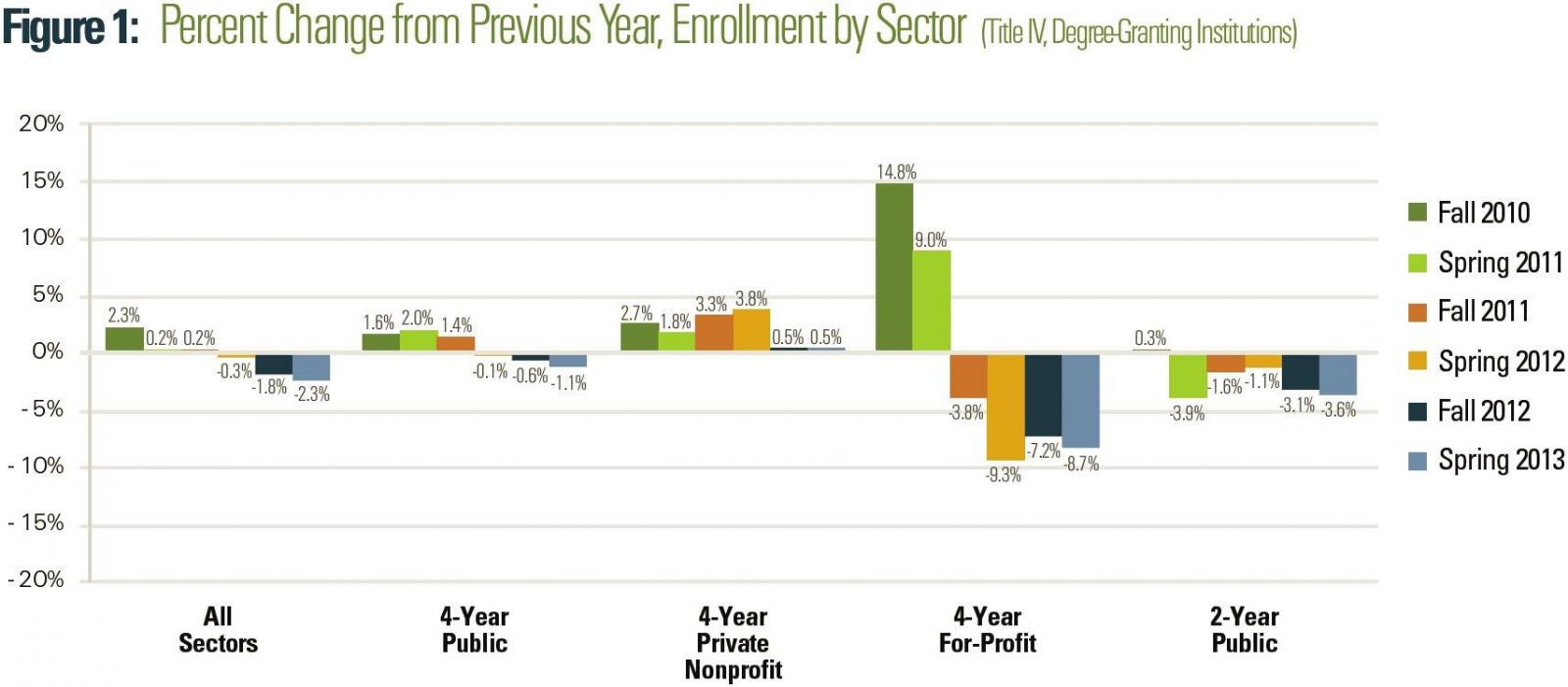I have thought for some time our ASET group should read one of Hirschman's books, as all of these satisfy the emergent set of criteria that participants favor. This review of a new bio of Hirschman will, I hope, generate some interest in reading him.
http://www.nybooks.com/articles/archives/2013/may/23/albert-hirschman-original-thinker/
Worldly Philosopher: The Odyssey of Albert O. Hirschman
by Jeremy Adelman
Princeton University Press, 740 pp., $39.95
Albert Hirschman, who died late last year, was one of the most interesting and unusual thinkers of the last century. An anti-utopian reformer with a keen eye for detail, Hirschman insisted on the complexity of social life and human nature. He opposed intransigence in all its forms. He believed that political and economic possibilities could be found in the most surprising places.
Hirschman is principally known for four remarkable books. The most influential, Exit, Voice, and Loyalty (1970), explores two ways to respond to unjust, exasperating, or inefficient organizations and relationships. You can leave (“exit”) or you can complain (“voice”). If you are loyal, you will not exit, and you may or may not speak out. The Passions and the Interests (1977) uncovers a long-lost argument for capitalism in general and commercial interactions in particular. The argument is that trade softens social passions and enmities, ensuring that people see one another not as members of competing tribes, but as potential trading partners. Shifting Involvements (1982) investigates the dramatically different attractions of political engagement and private life, and shows how the disappointments of one can lead to heightened interest in the other. For example, the protest movements of the 1960s were inspired, at least in part, by widespread disappointment with the experience of wealth-seeking and consumption, emphasized in the 1950s.
Finally, The Rhetoric of Reaction (1991) is a study of the reactionary’s tool kit, identifying the standard objections to any and all proposals for reform. The objections are “perversity” (the reform will make the problem even worse), “futility” (the reform will do nothing to solve the problem), and “jeopardy” (the reform will endanger some hard-won social gain). Hirschman shows that these objections are stupefying, mechanical, hyperbolic, and often wrong. In 1845, for example, the historian Jacob Burkhardt deplored the rise of democracy and the expansion of the right to vote on the ground that he did not “expect anything from the despotism of the masses but a future tyranny, which will mean the end of history.”
. . .
Of his many books, Hirschman’s personal favorite was The Passions and the Interests. His explanation is illuminating:
It really was the fruit of free creation. I did not write it against anybody…. That book gave me prolonged pleasure: to write, feeling free to discover things without having to prove someone wrong. A very special case.
That special case has proved to be an enduring achievement, not only because of its eye-opening exploration of the softening power of commerce, but also because of its own gentle and capacious spirit. But if The Passions and the Interests was his favorite, and Exit, Voice, and Loyalty his most important, there can be no question about his most characteristic: The Rhetoric of Reaction. The sustained attack on intransigence, the bias in favor of hope, the delight in paradox, the insistence on the creative power of doubt—all these prove a lot of people wrong, not just Hamlet.



